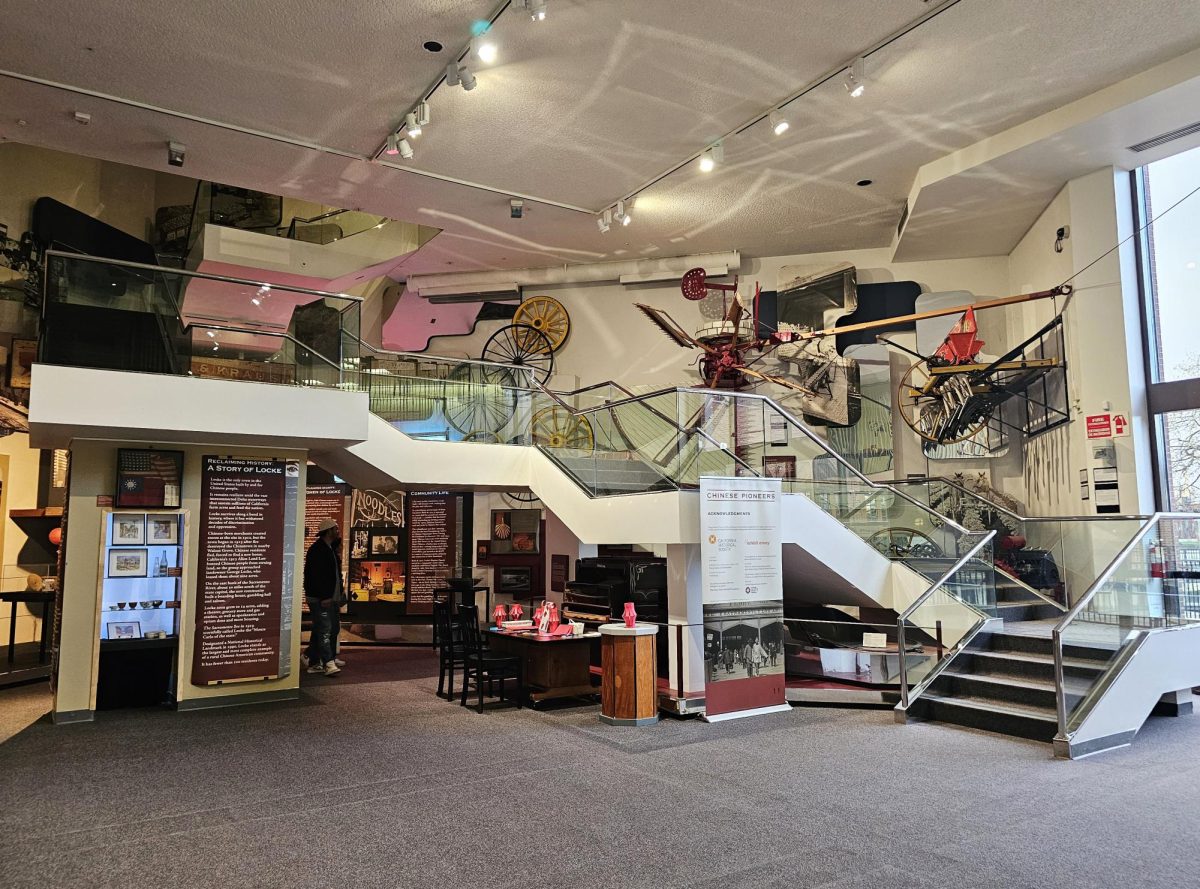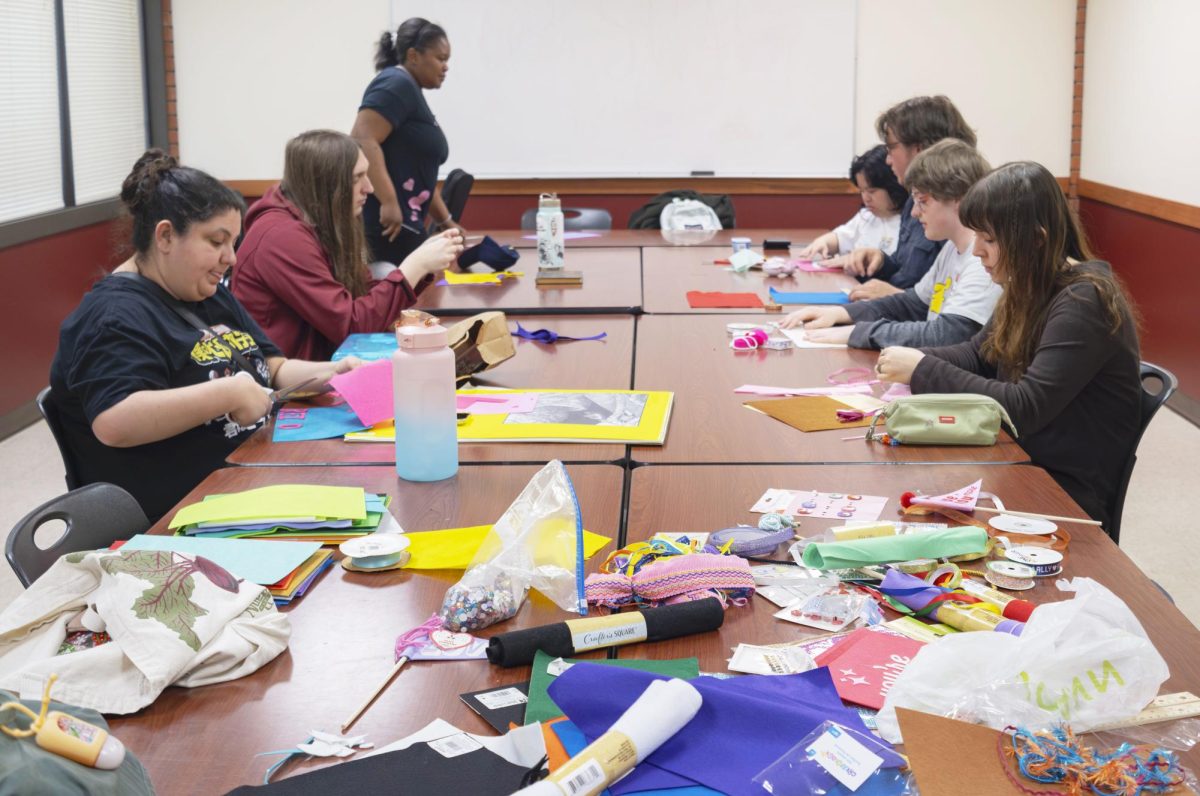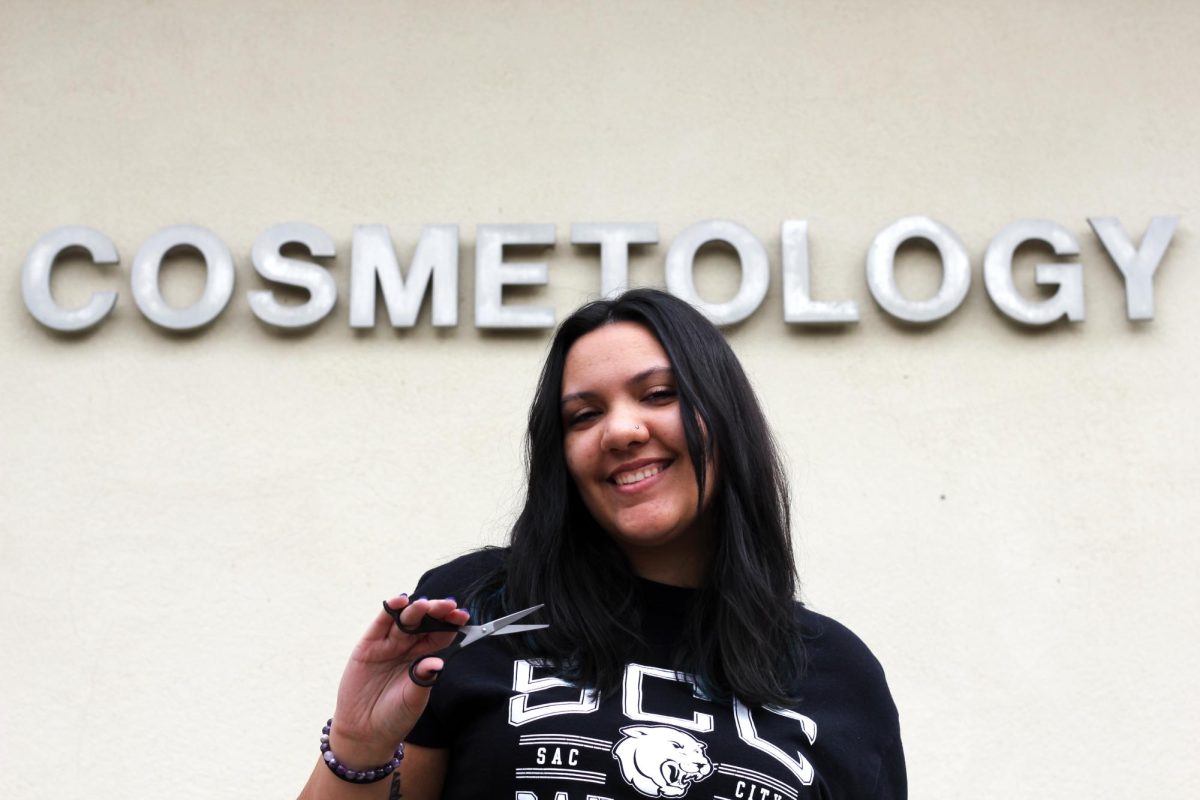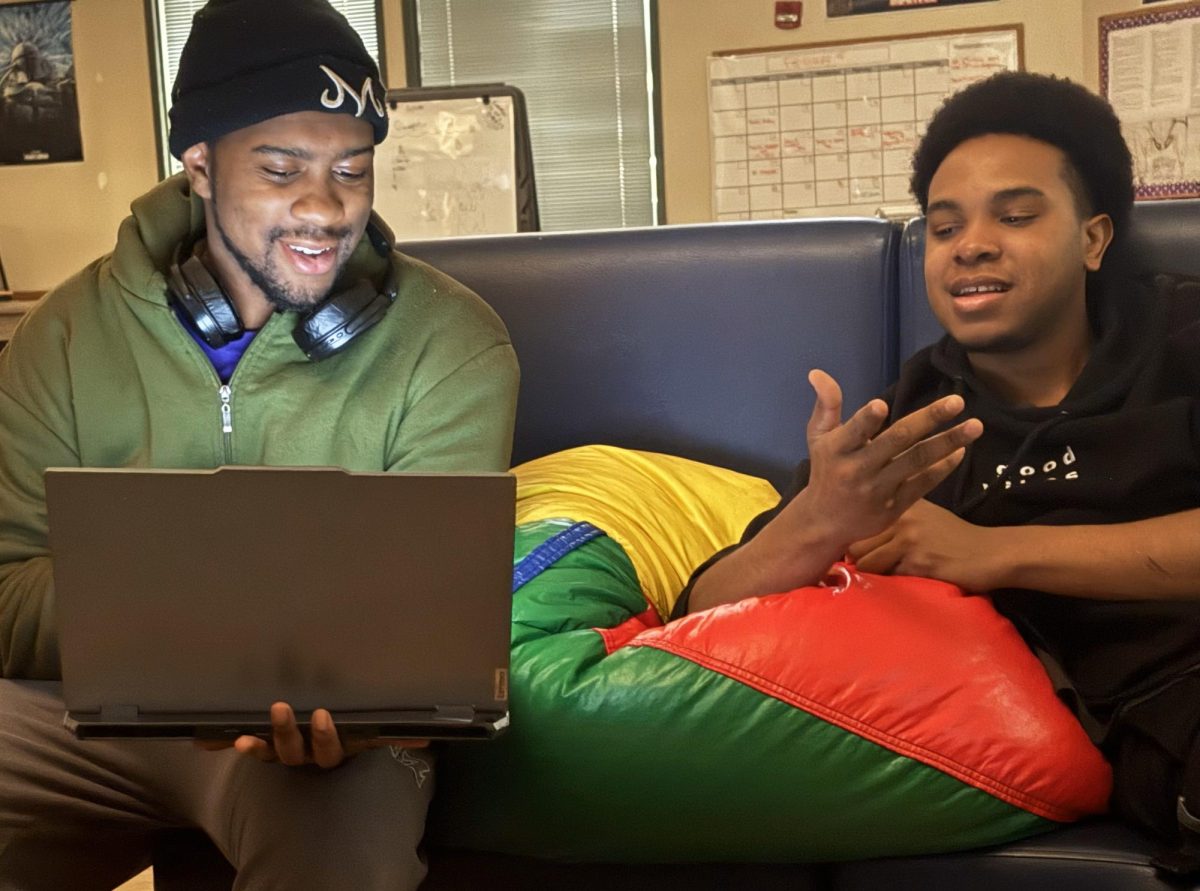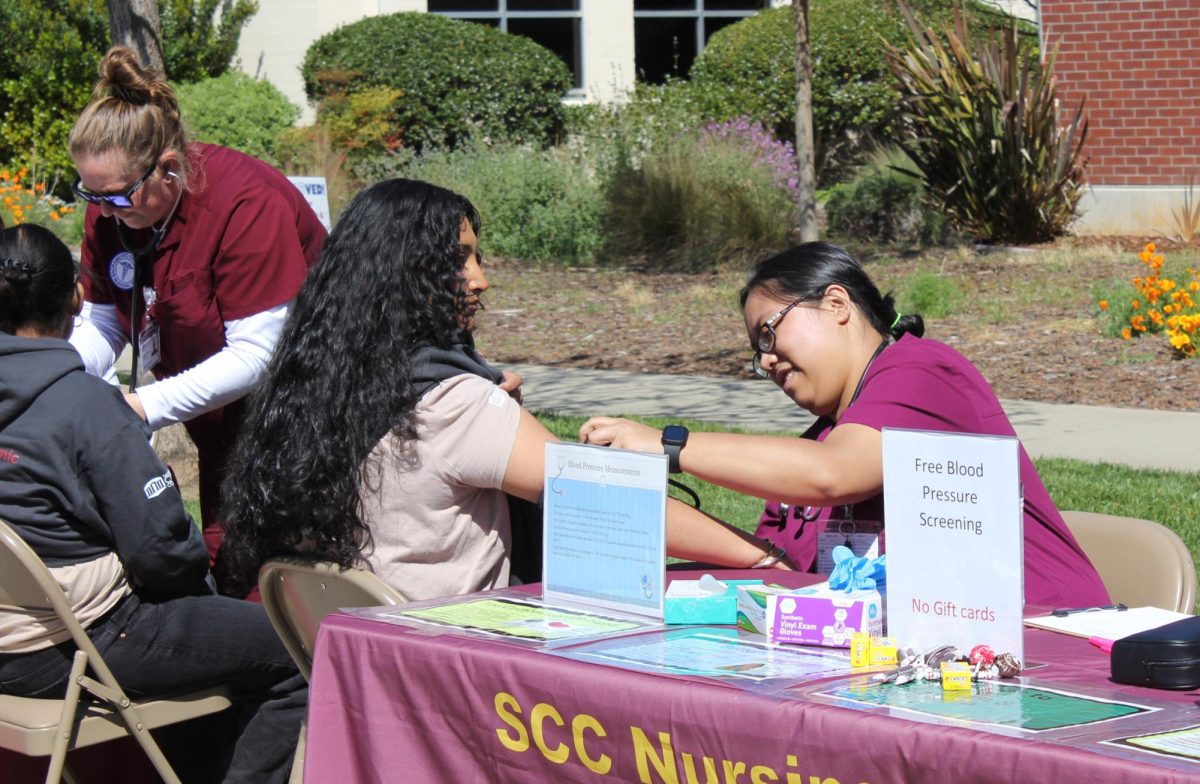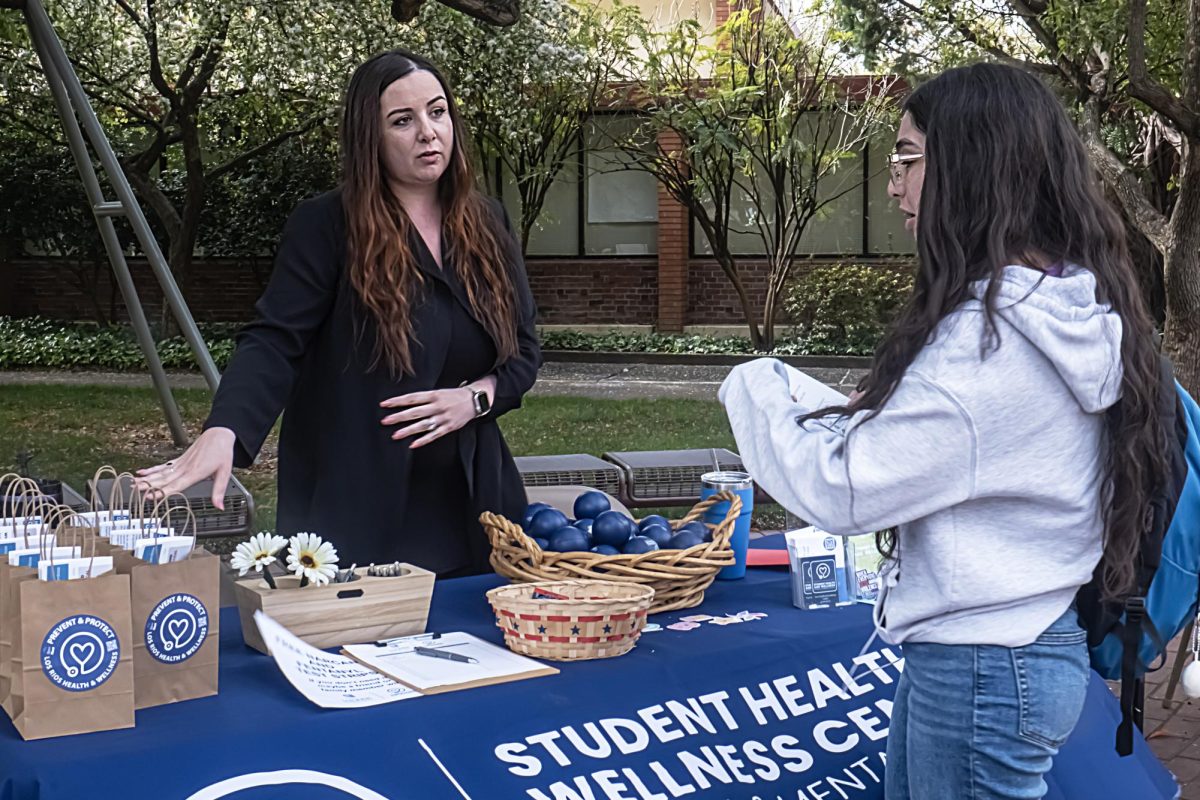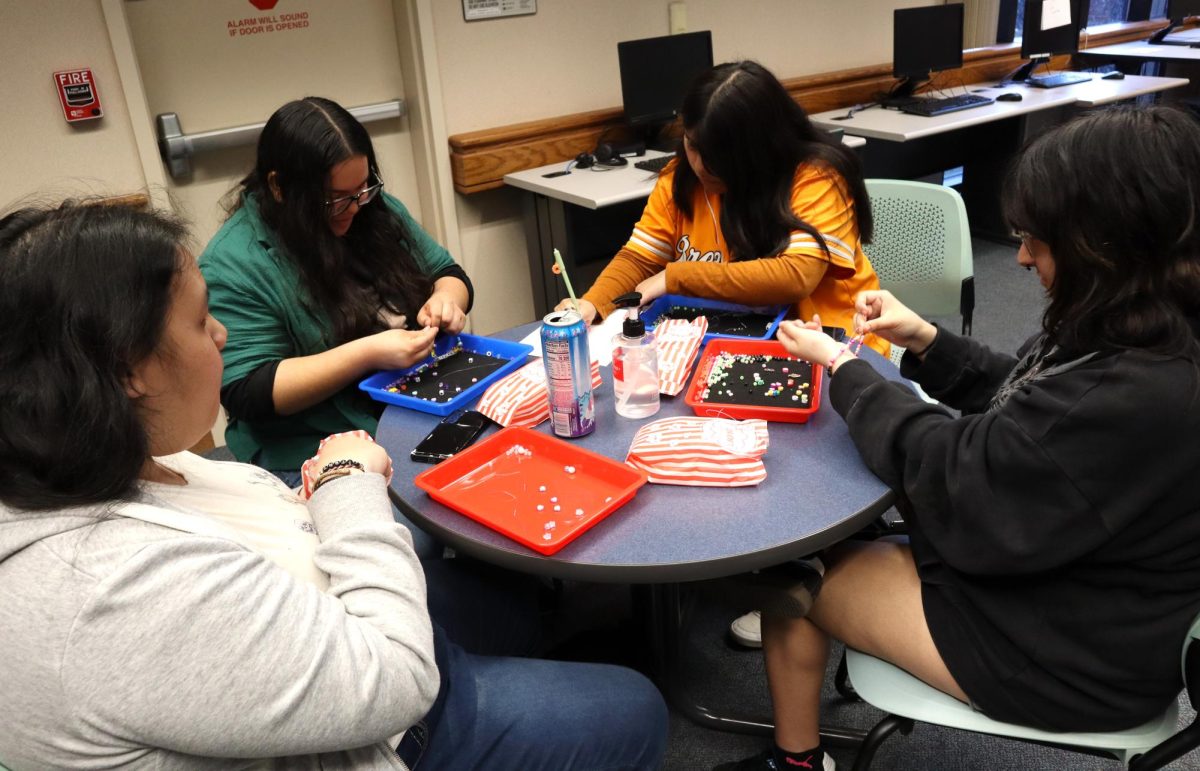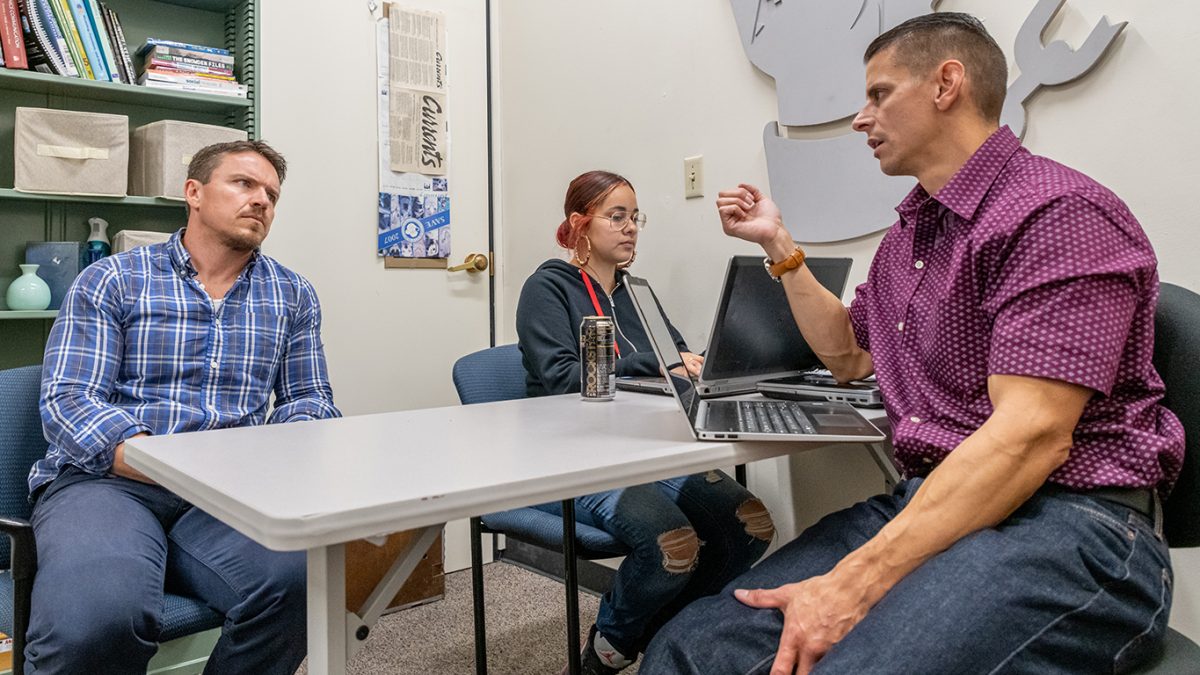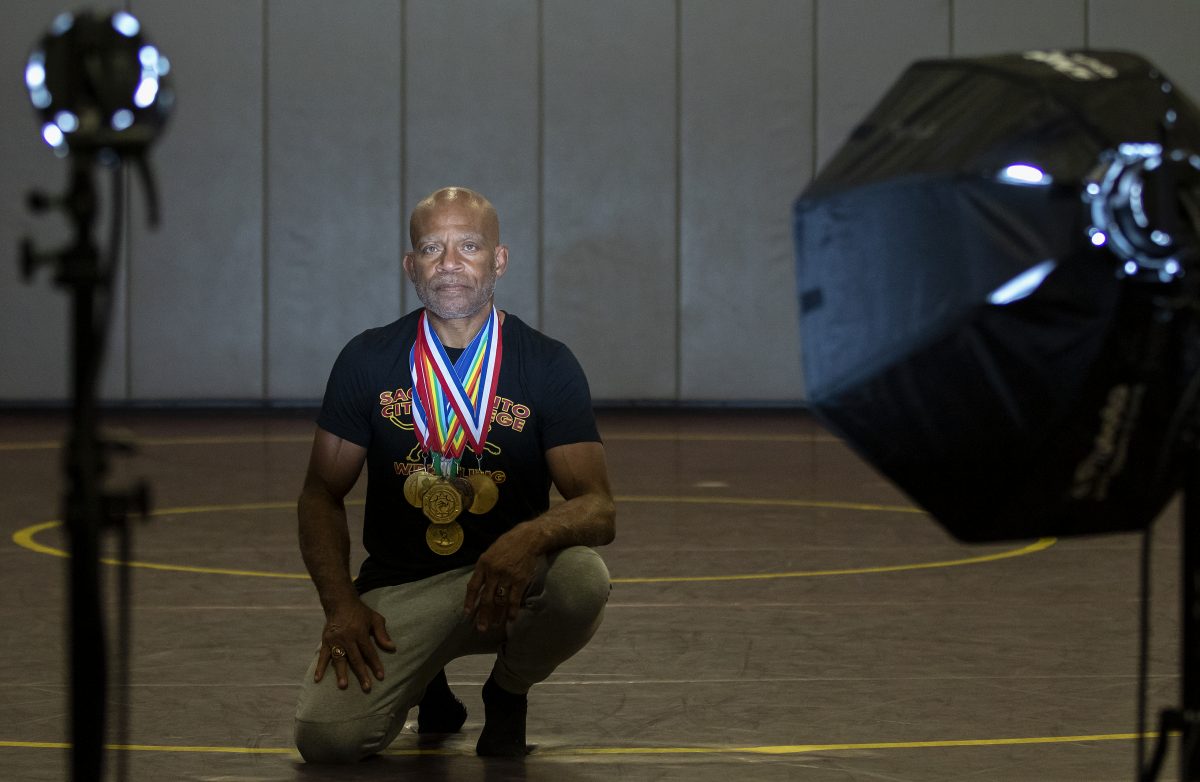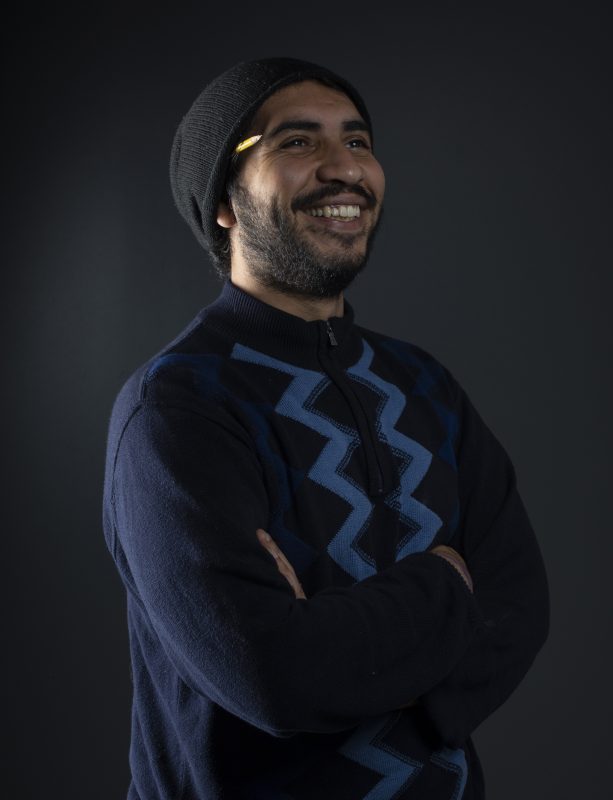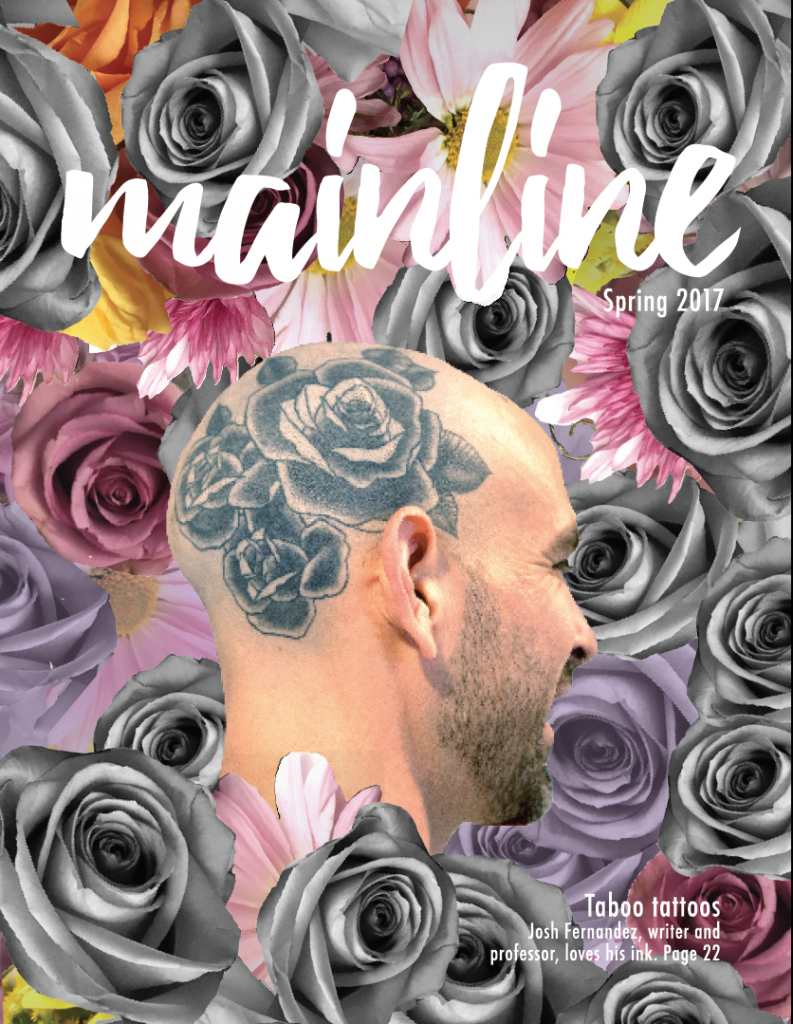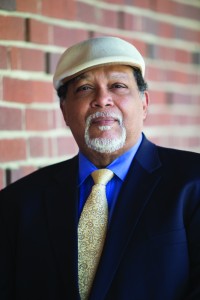
Veronica Catlin | Contributor | writtenbyveronica@gmail.com
One instructor uses the gift of the past to create his legacy
On a cold, rainy night in 1997, Keith Heningburg, a UC Davis student, is just getting out of class. As he walks to his vehicle, wet and tired, all he’s thinking about is getting home to his cozy bed.
Heningburg, an African-American, notices that there is an older woman who appears to be Caucasian walking in the direction he’s coming from. As their paths cross, he observes that the woman hurries a bit, pulls her purse closer to her and gets obviously defensive, as if she were in some sort of danger.
“I couldn’t help but to laugh to myself at the fact that this woman actually thought I might harm her when in reality she was the last thing on my mind,” Heningburg chuckles 18 years after the fact.
Even today he tries to rationalize the situation. Maybe she was afraid because he was a man — and maybe there were other reasons behind her paranoia aside from race.
Whatever her reasoning may have been, as an African-American male, this wasn’t the first nor the last time Heningburg experienced subtle cases of stereotyping for what seemed to be the color of his skin.
“It’s situations like that that made me really want to educate people,” says Heningburg.
A Michigan native, Heningburg has been teaching at City College since 1998. He is the ethnic studies coordinator on campus and teaches ethnic history with an African-American emphasis.
His classes focus more on the social aspect of American history and how those events played a significant role in how society is shaped today — especially in relation to African-Americans. From African history to slavery to stereotypes and racism — his classes touch on it all.
“I’ve always wanted to teach a class like this,” Heningburg says. “I’m teaching a history that for so long has been hidden.”
It wasn’t until Heningburg aced a challenging history final during his freshman year in college that he says he started to realize that he excelled in the subject. After deciding to pursue a career in education, Heningburg says he focused on teaching European history.
“Call it cocky, but I thought it would be so cool to walk into a classroom with all of those white students with my German-sounding last name and my black face — and shock ’em,” says Heningburg with a chuckle.
As great as that idea sounded to him at the time, he began to dig deeper and deeper into history. He discovered something he didn’t think existed: African-Americans have a history beyond slavery.
Growing up, all the people Heningburg looked up to were of European descent. He explains that history about heroes of the civil rights movement wasn’t taught much when he was in grade school.
He didn’t think there was anyone to admire, but he says once he found out there was, he knew he wanted to share that information
with others.
Now, on any given day, students in one of Heningburg’s classes can step from a silent hallway into a room filled with intense discussion, friendly yet heated debates and thoughtful theories pertaining to the history of America.
Open dialogue — as opposed to the instructor standing in front of the room and doing all of the talking — is a must in Heningburg’s classrooms. Students are free to ask whatever they want, voice their opinions about lectures and challenge other students, as long as comments are respectful.
“One of our biggest problems (in society) is that we don’t communicate with each other, which means we don’t understand each other,” says Heningburg. “We need dialogue, which is why I teach [with these methods].”
Heningburg has been studying history for over 25 years. He earned two bachelor’s degrees — one in history and the other in social science — and his master’s in history from Eastern Michigan University.
After his father passed away in 1994, he moved to California to be with his family, which had moved there from Michigan years earlier. There, Heningburg attended UC Davis, where he obtained another master’s degree in history.
Heningburg’s students say they enjoy his teaching methods because it keeps them engaged with the content.
“He makes learning a lot of fun,” says Terrance Heningburg, Keith’s youngest son, who recently completed his father’s History 320 course and is the youngest of two girls and three boys. “I don’t think it’s possible to fall asleep in class unless you really just don’t care about the course.”
Terrance explains that the information learned in his father’s class can be used in the real world, and he says it also helps you understand how society came to be what it is now.
“I liked it because I found out a lot more about my history as an African-American,” says Terrance. “It was the stuff they skipped over in high school and other history classes.”
Terrance, an engineering major, says he admires how much his father has accomplished.
“My dad has been a vital inspiration in my life,” says Terrance. “He taught my brothers and me how to be men — strong men who support families and take care of their own. He’s my hero.”
Heningburg recently returned to teaching at City College after taking time off following a serious heart surgery in February 2014. He says he found out he needed the operation following a routine checkup in December 2013.
“My personal care physician called me in January as I was going to my granddaughter’s birthday party,” he explains. “[My doctor] said he was making an appointment for me to see a cardiologist. I was told [later] that I needed to have a heart valve replaced. Any time someone has to cut into your chest — that’s a big deal.”
Heningburg says at first he contemplated whether or not to have the operation. However, after discussing it with his wife of 34 years, they decided to go forward with the procedure.
“It was either have the surgery or not live past another three or four years,” says Heningburg.
After the surgery, Heningburg was home within a week and says he had an amazing recovery.
“The doctors told me I was supposed to take it easy and to sleep downstairs, but I couldn’t stand to be away from my wife, so within a week I was climbing up the stairs,” Heningburg says with a chuckle. “I’ve been walking and doing everything since then, and I owe it all to the grace of God. I couldn’t do any of this without him.”
Besides teaching, Heningburg attends Calvary Christian Center in Sacramento and says he hopes to write a couple of books soon — one on forgiveness and the other on marriage.
Heningburg has already written a history textbook he uses, in addition to a few others, in his courses. He is also in the process of adding more material to City College’s ethnic studies program, which will include other cultural backgrounds besides the African-American experience.
“It’s important that we study all different backgrounds so that we may all better understand each other,” says Heningburg.
Though he loves teaching, Heningburg says he hopes to retire within the next five years.
“I hope to have created a legacy at Sac City,” says Heningburg. “I want my colleagues to say they were proud to know me. I want the administration to say they were proud to know me, and most importantly, I want my students to have been enlightened and say they were proud to know me.”
Editor’s Note: this article first appeared on May 4, 2014 in the spring 2015 issue of Mainline magazine.








